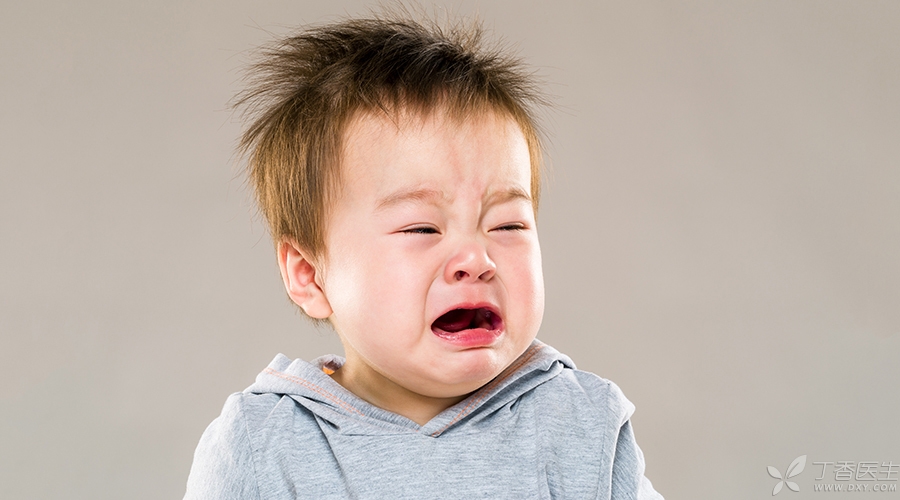
Do you want to hug the baby when it cries? This is simply a century-old problem.
Hold the baby, afraid that the baby will become dependent, as long as you cry, you must use the hug to appease, and that day will be in hot water…
Don’t hold her and let her cry for a while. It is said that it will make the baby insecure and cast a shadow on her heart.
Now there are all kinds of opinions, experts who advocate embracing or not embracing, and parents have no direction.
Today, we invited Chang Run, who has 8 years of independent garden management and teaching experience, and Chang Run, who is gentle and loving, to read countless children at home and abroad. Let her talk to us about this issue from the perspective of children’s development.
Why do we want to hug Eva when she cries?
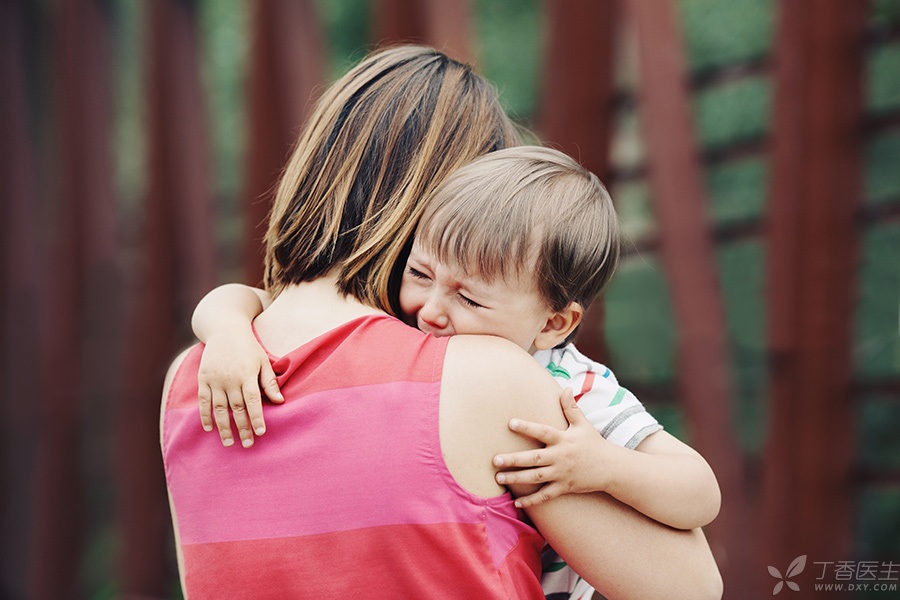
When the baby cries, no matter whether you choose to hug or not, the first thought is almost always [hug].
Crying is a primitive signal of survival. When all human beings hear crying, their heart beats faster, and their bodies secrete stress hormones. Instinctively, they want to do some what to stop crying.
Therefore, there is a reason why the parents are big and tangled when the baby cries.
This is also why if some babies cry several times a day, their mothers will feel particularly tired. In fact, it is because the body frequently switches to a state of stress.
Because of these physiological reactions, as soon as we hear the baby crying, we instinctively want to stop crying in the fastest way.
As a result, there was a [cry and hug] reaction.
As for the elderly, because their health is not as good as ours, it is easier to do so when they hear crying [blood pressure rises and their hearts panic].
The baby cried, can it be hugged or not?
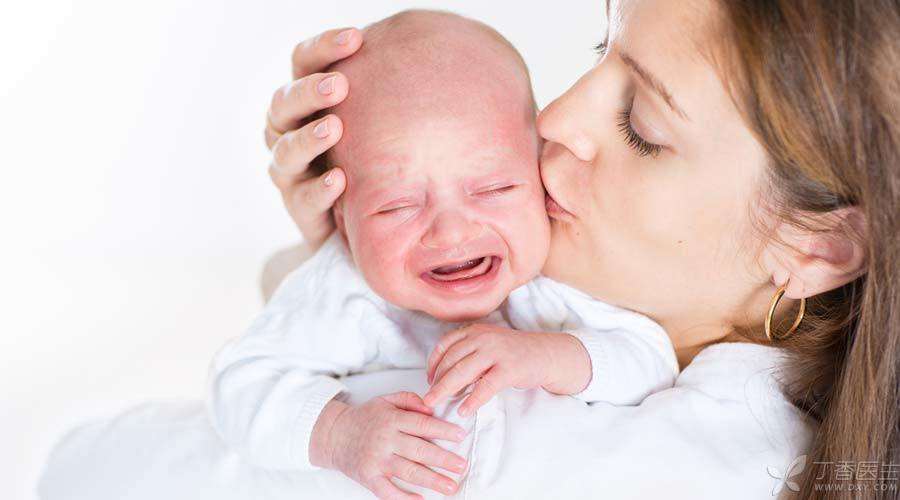
Yes, but it may not solve all the problems.
Embracing will produce a large area of physical contact, which is very decompressive and will make the baby feel safe quickly.
Everyone knows that crying before the age of 1 is basically the only way for children to communicate and express themselves. When they are uncomfortable, hungry and tired, they will cry. If their parents can walk to their children’s bedside and pick them up in time, the children will get great psychological satisfaction and feel [my parents are here, I am safe]. Such timely response is very helpful to the baby’s mental health.
Seeing here, there must be many mothers who support intimate parenting methods who are happy:
See, hugging is good for children.
However, it should be further explained that hugging does not stop the baby from crying.
For example, if a child is wet and crying, your hugging him will make him cry less, but it will not make him stop crying immediately.
He will continue to cry because the diaper is still very wet and uncomfortable.
However, don’t worry, crying at this time has nothing to do with psychological safety. It’s just because you don’t feel well and don’t need to pay too much attention. You need to change diapers for him as soon as possible. The physical discomfort gradually disappears and the child will stop crying.
This [crying and hugging] will spoil the child.

Then why is there a saying that “the baby will spoil the baby when he cries”? Because some parents want to make their children not cry by hugging, such parents usually not only hug, but also shake or pat while hugging.
In any case, the child will not cry.
Although a lot of comfort may make the baby not cry for the time being, this is not what the baby really needs (what the baby needs may only be parents to help them change diapers).
Excessive hugging and coaxing will distract the baby’s attention, leaving the baby no chance to feel what is uncomfortable with him, and also losing the chance to practice breathing adjustment and slowly calm down. In the long run, it is not conducive to the development of the baby’s sensory perception and emotional management ability.
In the end, he really became a baby who cried without coaxing or hugging. He was easy to rely on adults to solve all negative emotions. When he grew up a little bit, [hugging] would escalate to [material coaxing] and [spoiled] behaviors would appear, such as rolling on the ground and throwing things.
If you cry and don’t hug, will you really [cry] the baby?
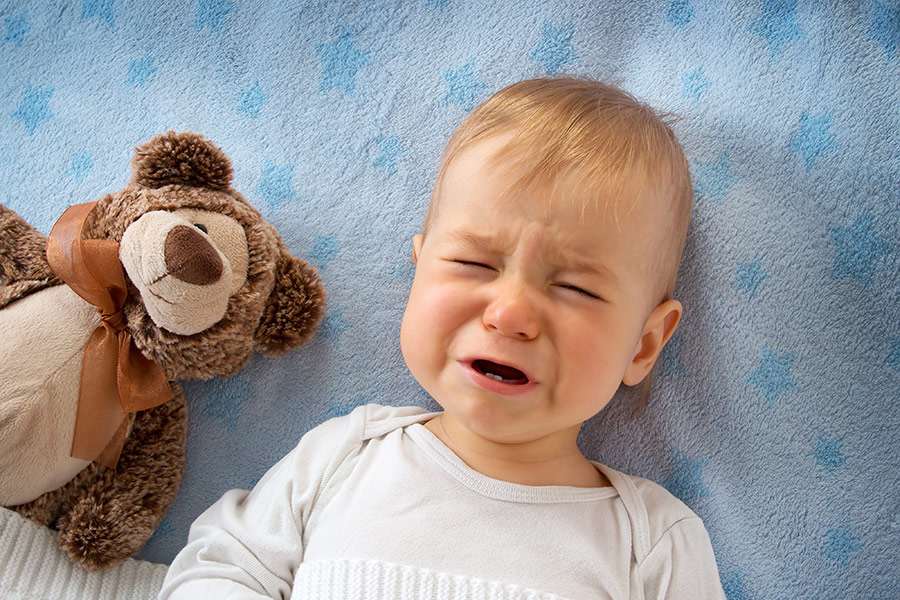
The baby is being trained to fall asleep by himself. If the baby cries, he will hug it and lose all his achievements… If he does not hug it, will the baby cry? Will it cause psychological shadow to the baby?
Here, I have to mention the demonized [Cry-it-out]].
A casual search on the Internet is: [Crying without hugging, not crying before hugging] is CIO. In fact, this is a rumor that confuses the basic concept of stealing and changing.
Many mothers easily misread CIO, believing that it and intimate parenting are completely opposite directions, but in fact this is not the case.
The parents here are not doing nothing, but allowing the children to manage their emotions after checking the causes of their crying and comforting them.
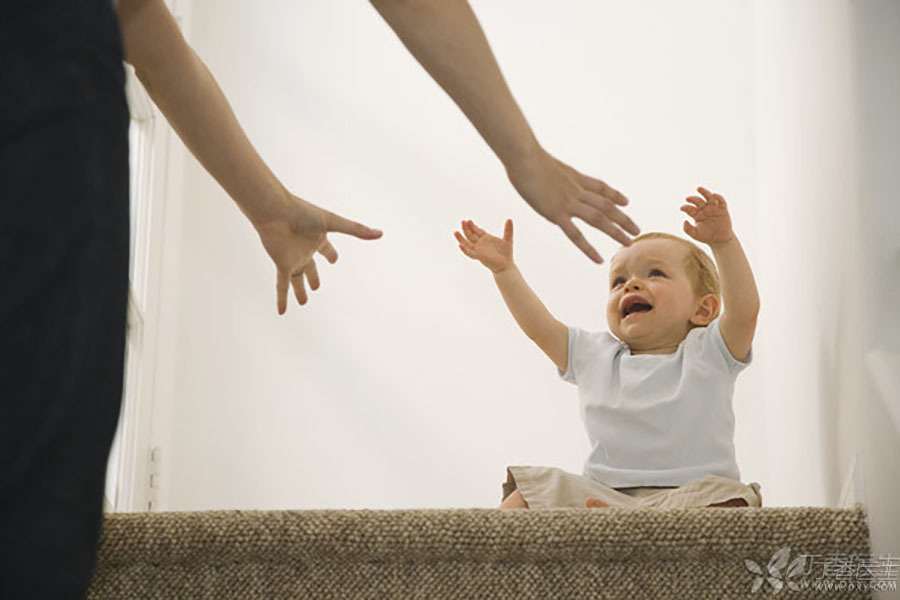
Crying immunity is widely used in sleep training.
Sleep training should not hug when crying. Because when a child wakes up and cries at night, what he needs is not his parents to hug him, but someone to help him turn over and return to a position that is easy to fall asleep, leave when he is awake, and come and see from time to time to ensure the safety of the child.
He may cry for a while, but that is his way of expressing his emotions. As long as he is not hungry or ill, it will not cause psychological problems. You can understand crying immunity as [vaccinating the child] and hurting it, but the overall advantages outweigh the disadvantages. However, some people will unilaterally interpret it as [pricking the child with a needle] and demonize it.
At present, there is no scientific research showing a correlation between autism, schizophrenia and crying immunity.
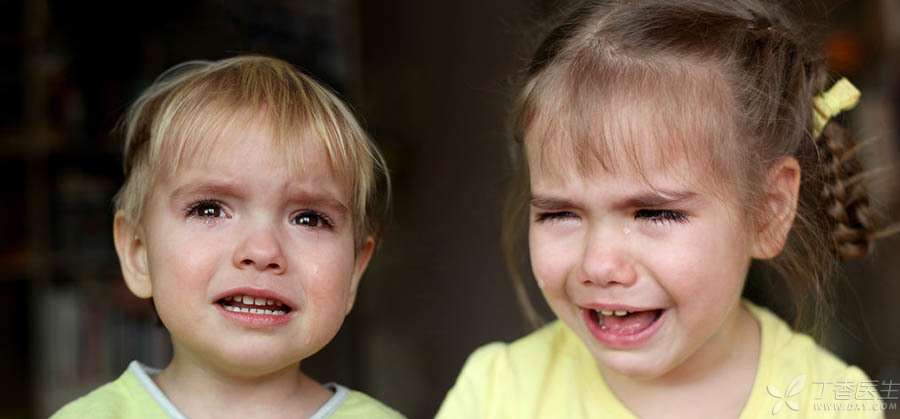
In my opinion, the relationship between crying immunity and intimate parenting is not opposite, but complementary.
Intimate parenting emphasizes that in the first year, children need a [child-centered] mother-child relationship.
Crying immunization added that it is centered on the whole of children, not on the crying of children.
There is no contradiction between the two.
What is important is, what is the mentality of parents and what kind of temperament is suitable for your baby?
If the baby cries, you can hold it, but you should pay attention to find out the real reason why the baby cries.
If the baby cries, you can also use other comforting methods to comfort him without hugging him. You should also find out the real reason why the baby cries.
Babies are not machines, they are personalized individuals, and there is no successful experience that can be completely replicated and applied. There is no better method, only one that is more suitable for your baby.
